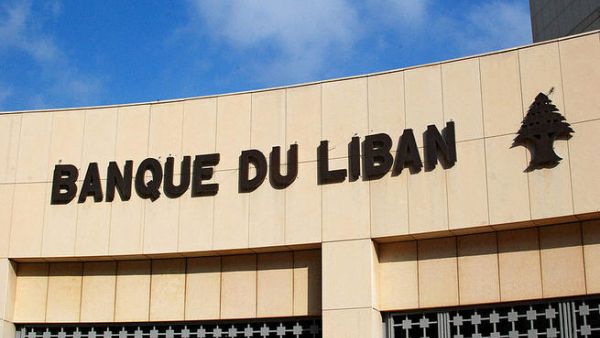Central Bank Governor Riad Salameh has played down the negative impact of the Syrian crisis on Lebanese banks operating in Syria, saying the central bank has taken precautionary measures to guarantee the stability of Lebanon’s financial institutions.
“The dangers in Syria will not destabilize any Lebanese banks operating there due to precautionary measures implemented by the Central Bank,” Salameh told the daily Al-Mustaqbal’s banking supplement to be published Tuesday. “There is no doubt that the crisis in Syria had its impact felt on the Lebanese economy and the profits of Lebanese banks operating in Syria, but the Central bank took all precautionary measures to prevent instability from affecting Lebanon’s financial sector,” he added.
Lebanese banks have increased their provisions against non-performing loans following the events in Syria and Egypt, measures which banking experts consider crucial to protect local banks under the current circumstances.
In the first quarter of 2012, Bank Audi reported consolidated unaudited net earnings of $94.5 million, rising by 4.5 percent relative to the first quarter of 2011, despite the allocation of collective provisions of $31.2 million. Bank Audi’s consolidated assets grew to $28.7 billion at the end of March 2012, despite the contraction of assets of Bank Audi Syria by 52 percent during the same period. The bank’s consolidated deposits reached $24.4 billion.
At the end of September 2011, the aggregate assets of the affiliates of seven Lebanese banks operating in Syria reached $7.1 billion, marking a decrease of 13 percent from end-2010, according to a report by Byblos Bank. Despite the contraction in assets, Salameh ruled out the risk of a spillover of the Syrian crisis to Lebanon.
“There is no contagion and we do not expect the dangers in Syria to destabilize any bank in Lebanon,” he said. Salameh added that Lebanese banks operating abroad have no large credit exposure to those markets. “Credit exposure is subject to the same standards which are adopted by the Lebanese model,” he said.
The governor stressed that Lebanese banks continue to make good profits and enjoy high liquidity. While Lebanese banks have managed to successfully weather the global financial crisis and the negative impact of the regional turmoil, added pressure have emerged from the U.S. and EU, which recently tightened sanctions on Syria and Iran and intensified a crackdown on money laundering activities and terrorist funding.
Salameh said Lebanese banks have complied both domestically and abroad with the strict regulations and precautionary measures imposed by monetary authorities through the Central Bank, the banking control commission and the Special Investigation Commission. The Special Investigation Committee was formed to investigate accounts suspected of money laundering with the authority to lift banking secrecy if the need arose.
“Lebanon’s Central Bank is committed to the implementation of Lebanese laws to preserve a sound and good reputation, as well as the implementation of international standards that guarantee transparent banking,” he said. Early in April, Lebanon lifted the banking secrecy law on 18 suspicious bank accounts and investigated numerous cases which have not complied with the strict rules of the Central Bank.
The U.S. has sent several key officials from the Treasury Department to Lebanon over the past two years with the most recent visits aimed at ensuring that Lebanese banks are fully complying with sanctions imposed on the neighboring Syrian regime.








